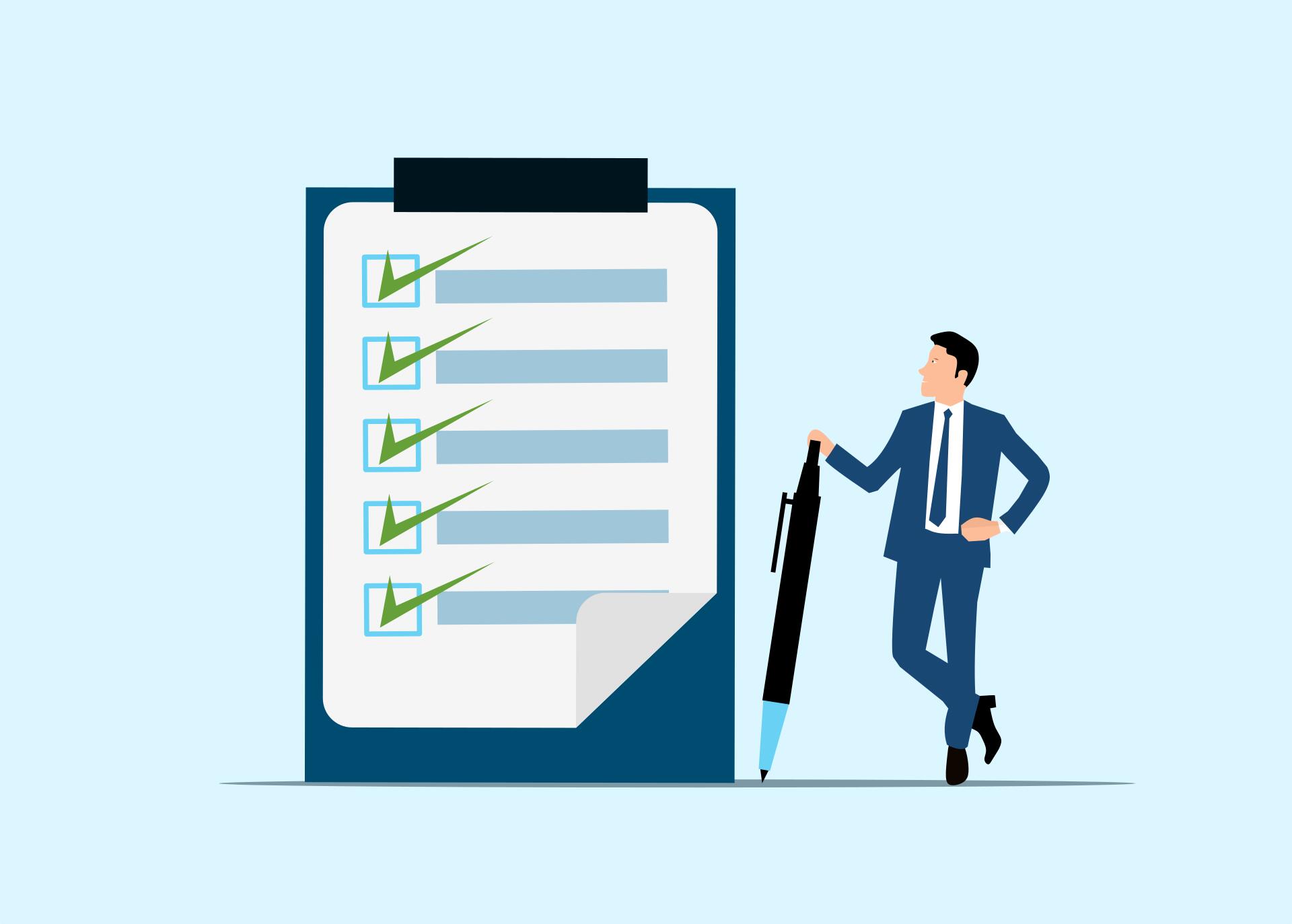For landlords here in Lynnwood, Washington, rental property inspections form an important part of the responsibilities of managing a rental property. This is because keeping a close eye on the condition of their property and checking how well their tenants look after it is crucial to the long-term success of their rental property investment.
Knowing exactly how often to inspect their rental property can help maintain its condition and ensure tenant compliance with lease terms. Balancing frequent enough inspections to catch issues early without infringing on tenants' privacy is key.
In this blog post, we will consider how often landlords in Lynnwood should inspect their rental properties. Ready? Let's get started with these property management tips.
Move-In and Move-Out Inspections
First of all, conducting thorough inspections at the beginning and end of a tenancy is essential. A move-in inspection helps document the property's condition before the tenant takes possession. This can prevent disputes over damage when the tenant moves out.
Similarly, a move-out inspection ensures you can accurately assess any damage that occurred during the tenancy and determine if any deductions from the security deposit are necessary. These inspections are critical for maintaining property conditions and tenant accountability.
Routine Inspections
Routine inspections are another important practice for landlords. Typically, these should be conducted every six months. Routine inspections help identify maintenance issues before they become major problems.
They also ensure tenants are following the lease terms, such as keeping the property clean and not causing damage. In Lynnwood, where weather conditions can affect property upkeep, regular inspections can help address weather-related wear and tear.
Seasonal Inspections
Additionally, forming seasonal inspections can also be beneficial. Inspecting the property at the change of seasons, especially before winter, can help ensure the property is prepared for colder weather.
Checking heating systems, insulation, and weatherproofing can prevent winter-related damages. In the spring, inspections can identify any issues that arose over the winter, such as roof or gutter damage. These inspections can keep the property in good shape year-round.
Special Circumstances
Sometimes, inspections are necessary due to special circumstances. For instance, if you suspect a tenant is violating the lease terms or if there have been complaints from neighbors, an inspection might be warranted.
Similarly, if there is a significant weather event, such as a storm, inspecting the property for damage afterward is important. In Lynnwood, where heavy rains can cause flooding, checking for water damage after a storm can prevent long-term issues.
Rental Property Inspections in Lynnwood, Washington
So, determining exactly how often to inspect your rental property in Lynnwood, Washington, requires a balance between maintaining the property and respecting tenant privacy.
Move-in and move-out inspections are essential, while routine inspections every six months help catch issues early. Seasonal inspections can address weather-related concerns, and inspections under special circumstances ensure the property remains in good condition.
To learn more about rental property maintenance, speak to us at PMI Brewder Realty. As a full-service property management company, we are here to help landlords in Lynnwood and surrounding areas. Click here to get in touch.


